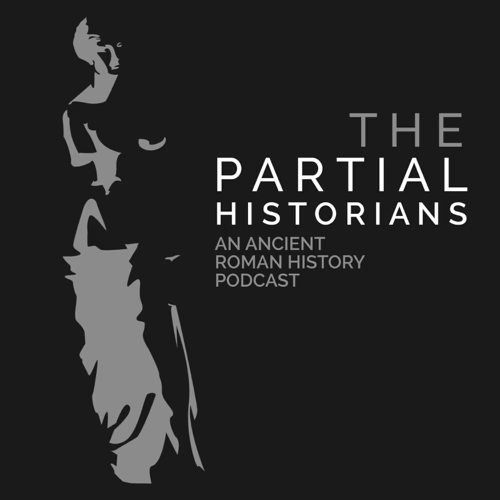
392 BCE, the year that went down in history for “a campaign in no way memorable”. Ah, that Livy, he paints quite a picture, doesn’t he?
All About the Consuls
The campaign in question involved our consuls for the year. Yep, consuls! The plebeians were still in a blissful mood after receiving some of the land from Veii in the previous year and so they didn’t fight for military tribunes.
The consuls took care of a few domestic matters, such as holding the Great Games promised by Camillus during the siege against Veii and dedicating the temple to Juno (another of Camillus’ promises).
Once the gods had been satisfied, the Romans were off to fight the Aequians at Mount Algidus in the titular “campaign in no way memorable.” Come on Aequians, put up a proper fight! The decisive victory (and possible capture of the city of Liphoecua) earned the consul Valerius a triumph as he slaughtered so many of the fleeing enemy. His colleague, Manlius, was given the lesser honour of an ovation. Guess he didn’t kill as many men who were running away in terror! You can’t reward that kind of behaviour in Ancient Rome.
Kicking the Romans when they were really down
War found the Romans again in 392, this time with the Etruscan people of Volsinii and the Sappinates (which we presume was near Volsinii). The Romans could not respond with their typical vigour as they were hit by a horrific plague. Famine and pestilence were rampant in their part of the world, thanks to drought and a heatwave. These are the same environmental crises and disease mentioned by Dionysius of Halicarnassus for the previous year, which goes to show how the dating for this period is a tad confused.
With the Romans too ill to fight, they send angry messages to their new enemies that they will get their revenge… just as soon as they can stop vomiting.
Good Censors are like Waffles
No one was immune from the pestilence. Censors had been elected in 393 BCE, but now one of those elected, Gaius Julius, died in office and was replaced with Marcus Cornelius. Spoiler alert, but we are only a couple of years away from the Gallic sack of Rome. This happened in the same lustrum as events such as the death of Gaius Julius. Livy asserts that the way he was replaced caused issues with the gods, and that the Romans would ensure the partner of deceased stepped down from office and two brand new colleagues would be placed in office in the future. This may not be accurate, but it certainly shows that the Romans were committed to the idea of collegiality.
The Scourge of the Plague
When the consuls also fell ill, they decided the Romans needed some fresh auspices. It was time for an interregnum! The consuls stepped down from office, and power was shared amongst the interreges until military tribunes with consular power were elected.
We know what you’re thinking – why interreges? This was a position created to deal with the transfer of powers between kings. It’s interesting that the Romans continue to use this position long into the Republic. The last time we saw interreges was only a few years earlier in 396 BCE.
We do mention a couple of Latin terms in this episode, so here is your handy glossary in case you need it!
· The pomerium – the sacred boundary of the city. This was religious in nature. The pomerium set the bounds within which the auspices could be taken.
· Reference to the lustrum – a lustratio was a purification ceremony. The lustrum condere was conducted at the end of a census by one of the censors.
For our full show notes and edited transcripts, head on over to https://partialhistorians.com/
Support the show
Read our books
Your Cheeky Guide to the Roman Empire
Hosted on Acast. See acast.com/privacy for more information.
Senaste avsnitt
En liten tjänst av I'm With Friends. Finns även på engelska.